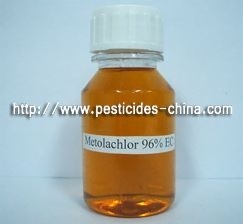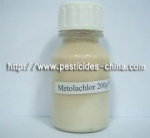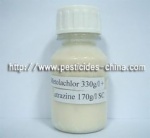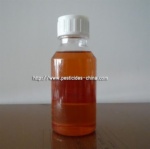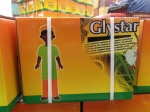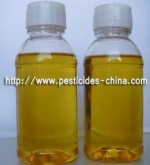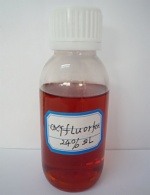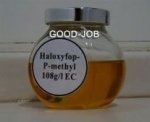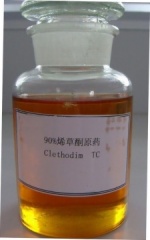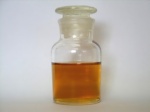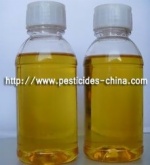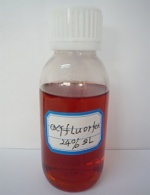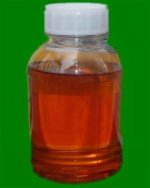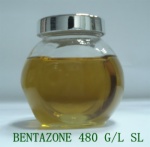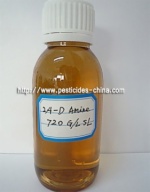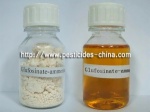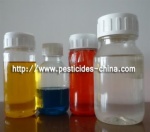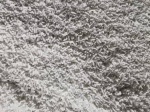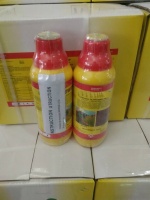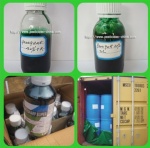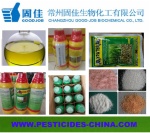Metolachlor
- Description
Trade names for products containing metolachlor include Bicep, CGA-24705, Dual, Pennant, and Pimagram. The compound may be used in formulations with other pesticides (often herbicides that control broad-leaved weeds) including atrazine, cyanazine, and fluometuron.
Product Name | Metolachlor | ||||||||||||
Function | Herbicide | ||||||||||||
Chemical Name | 2-Aethyl-6-methyl-N-(1-methyl-2-methoxyaethyl)-chloracetanilid | ||||||||||||
Empirical Formula | C15H22ClNO2 | ||||||||||||
CAS Number | 51218-45-2 | ||||||||||||
Molecular Weight | 283.80 | ||||||||||||
Chemical Formula of Active Ingredient |  | ||||||||||||
Quality standard |
| ||||||||||||
Toxicology | Acute oral LD50: 2780 mg/kg in rats and 894 mg/kg in mice Acute dermal LD50 (rat): >3170 mg/kg 4-hour rat inhalation LC50: > 1.75 mg/l air Acute Skin Irritation (rabbit): slightly irritant Acute Eye Irritation (rabbit): slightly irritant Skin Sensitization (guinea pig): a skin sensitizer | ||||||||||||
Applications | Metolachlor is a kind of selective herbicide before sprout. It is principally used for weeds of goosgrass, largecrabgrass, sprangletop, greenbristlegrass, barnyardgrass, barn nutgrass, ducktongueweed common purslane, hen, pale smartweed, mustard. Etc. Metolachlor is used to control insects on peanuts, sugarcane, soya beans, mainzes. Usually take surface treament of the presprout soil. | ||||||||||||
Stability | Stable up to c. 275 °C. Hydrolysed by strong alkalis and strong mineral acids. | ||||||||||||
Specification | 97% Tech, 960 g/l EC, 720 g/l EC | ||||||||||||
Pack | Packed in plastic or metal pail, 200 kg or on the clients' requirements. | ||||||||||||





